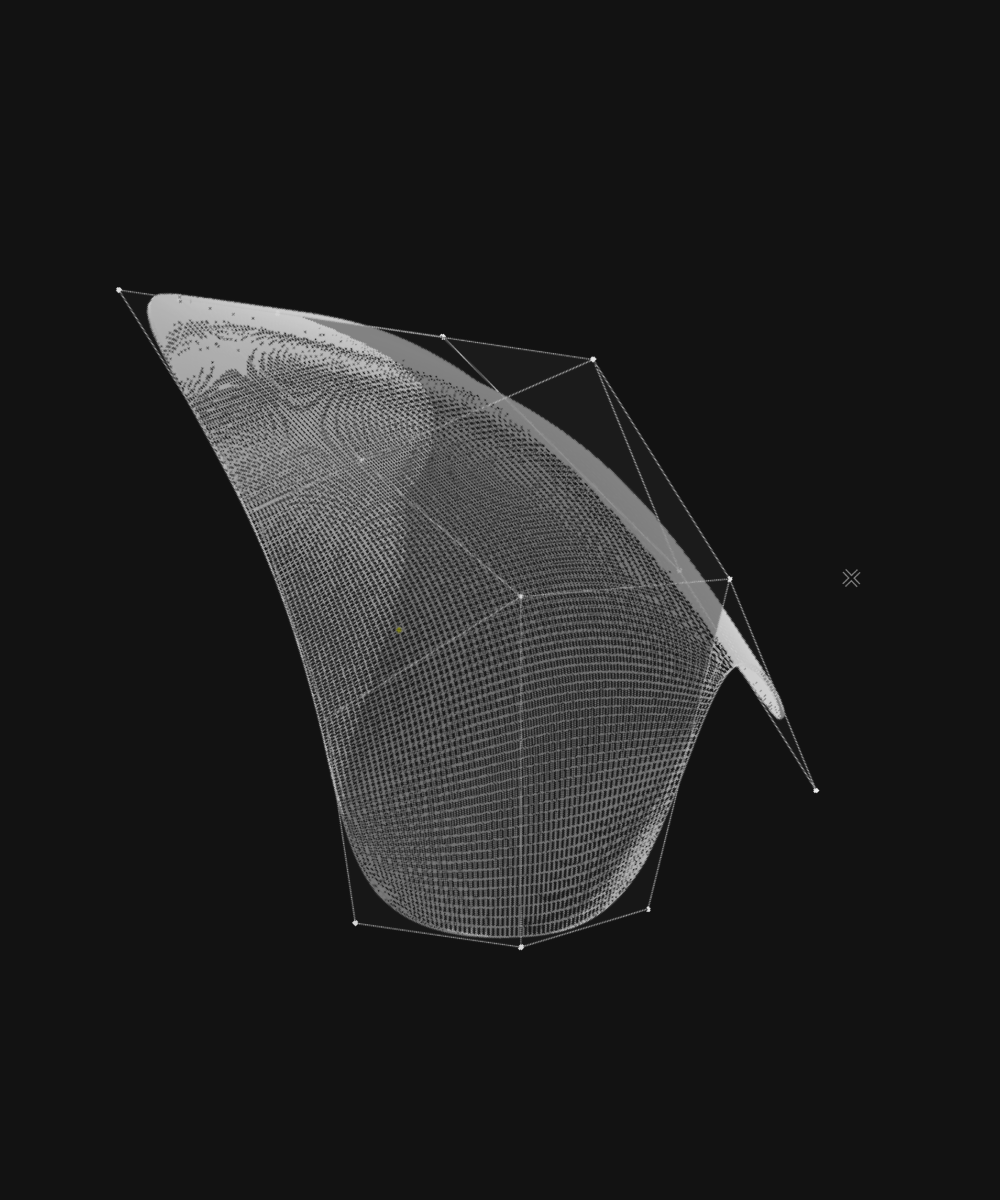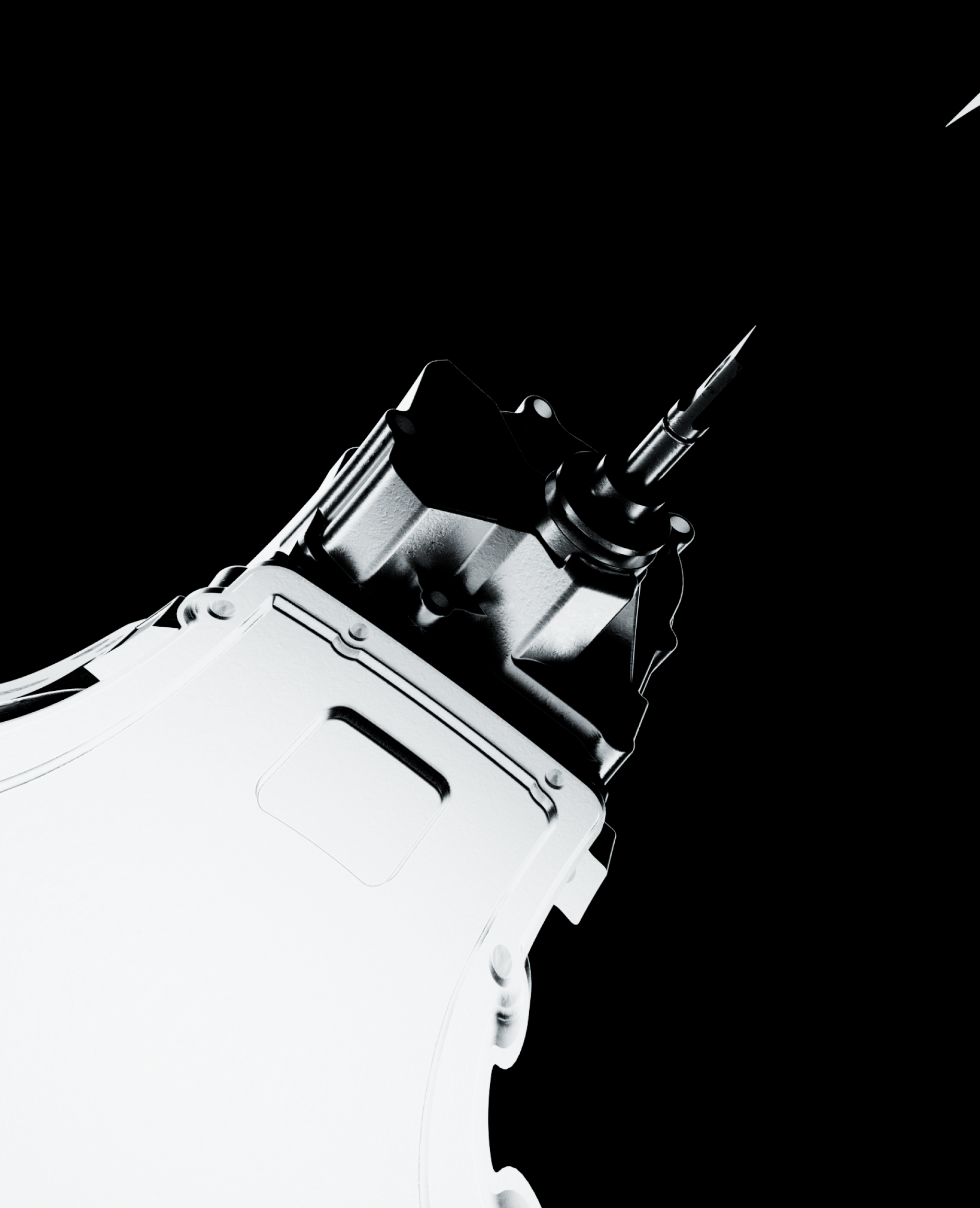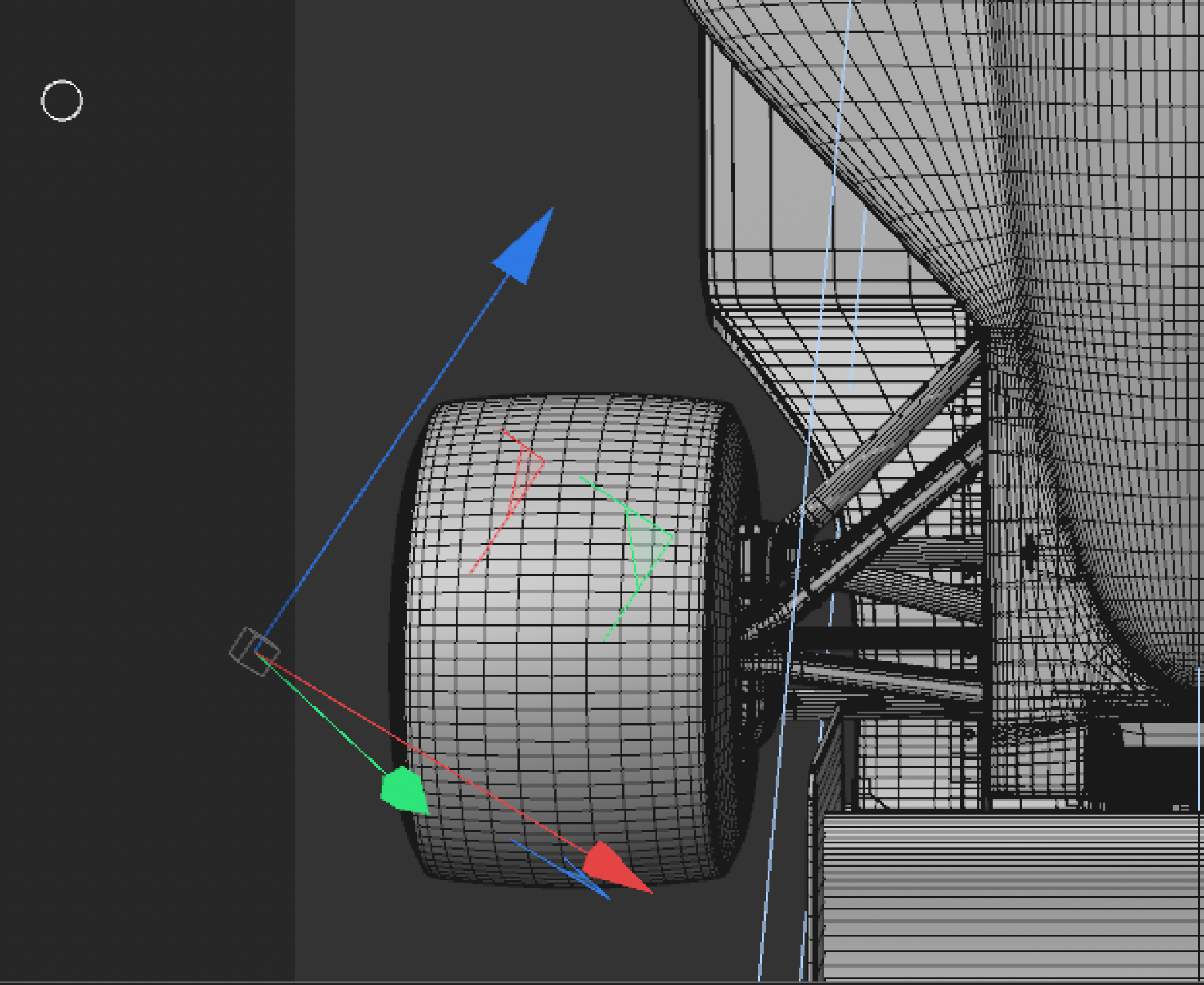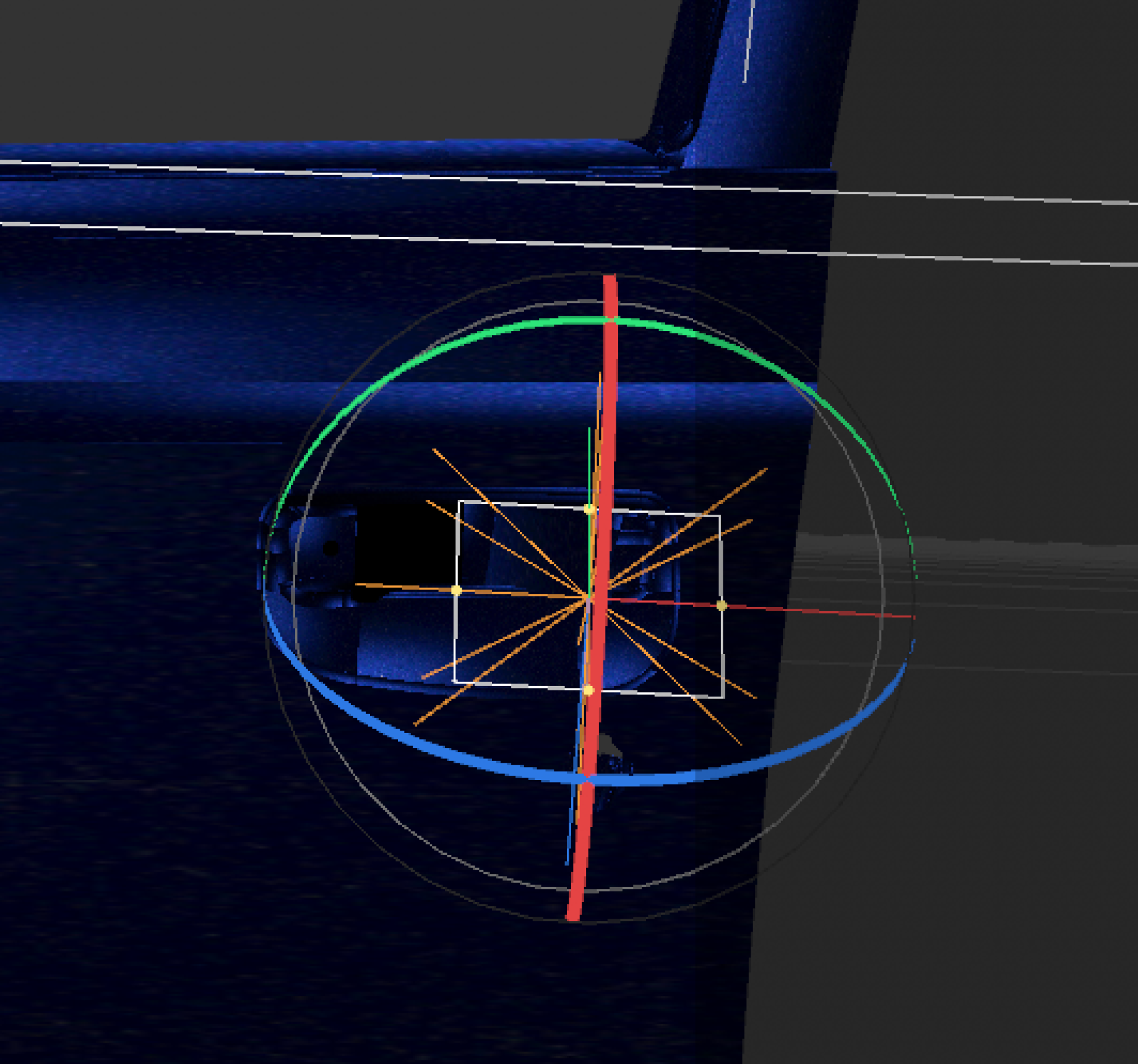MOUTHWASH Research Center is a dedicated space to explore new
territories within art, design, and technology.
Driven by research, experimentation, and thoughtful documentation.
The work is approached with lack of constraint in mind,
Avoids rigidity in the process,
and prioritizes value-add as opposed to investment returned.
AN OPPORTUNITY TO LEARN NEW SKILLS, TECHNIQUES, AND METHODS OF THINKING.
IN SEARCH OF SOMETHING THAT DOESN’T QUITE EXIST, YET.

Where theory meets practice.
Explore the Archive.
RC-103
RC-118
RC-99
RC-127
RC-131
![]()
RC-101
RC-139
RC-143
![]()
RC-108
RC-151
RC-155
RC-141
RC-156
RC-104
![]()
RC-122
RC-164
RC-103
RC-118
RC-99
RC-127
RC-131
![]()
RC-101
RC-139
RC-143
![]()
RC-108
RC-151
RC-155
RC-141
RC-156
RC-104
![]()
RC-122
RC-164
RC-103
RC-118
RC-99
RC-127
RC-131
![]()
RC-101
RC-139
RC-143
![]()
RC-108
RC-151
RC-155
RC-141
RC-156
RC-104
![]()
RC-122
RC-164
RC-103
RC-118
RC-99
RC-127
RC-131
![]()
RC-101
RC-139
RC-143
![]()
RC-108
RC-151
RC-155
RC-141
RC-156
RC-104
![]()
RC-122
RC-164
RC-103
RC-118
RC-99
RC-127
RC-131
![]()
RC-101
RC-139
RC-143
![]()
RC-108
RC-151
RC-155
RC-141
RC-156
RC-104
![]()
RC-122
RC-164
RC-103
RC-118
RC-99
RC-127
RC-131
![]()
RC-101
RC-139
RC-143
![]()
RC-108
RC-151
RC-155
RC-141
RC-156
RC-104
![]()
RC-122
RC-164


